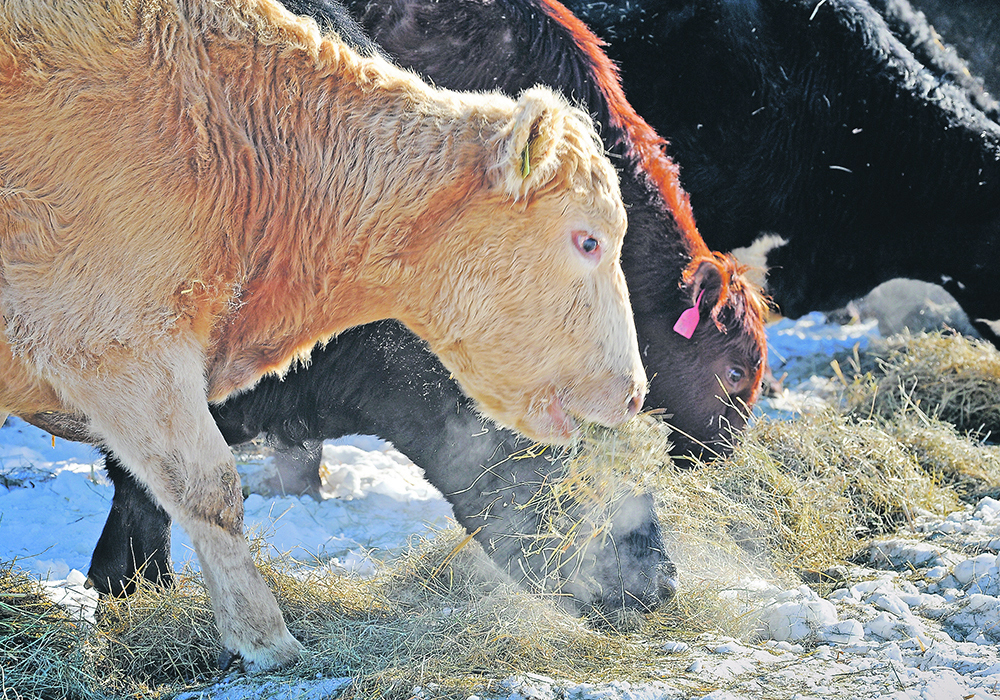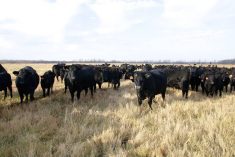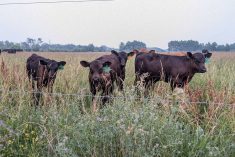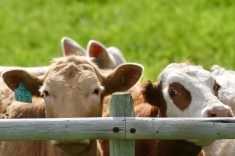With the drought, brown pastures and dried-up dugouts, 2021 was a difficult year for beef producers on the Prairies.
But, globally, 2021 was much, much worse for public perceptions of beef and cattle production.
In the spring, Epicurious, a company that publishes recipes on the internet, announced it would stop providing new recipes for beef.
Epicurious, which claims to have 38 million video views per month and eight million social media followers, said it quit beef because it is “one of the world’s worst climate offenders.”
Read Also
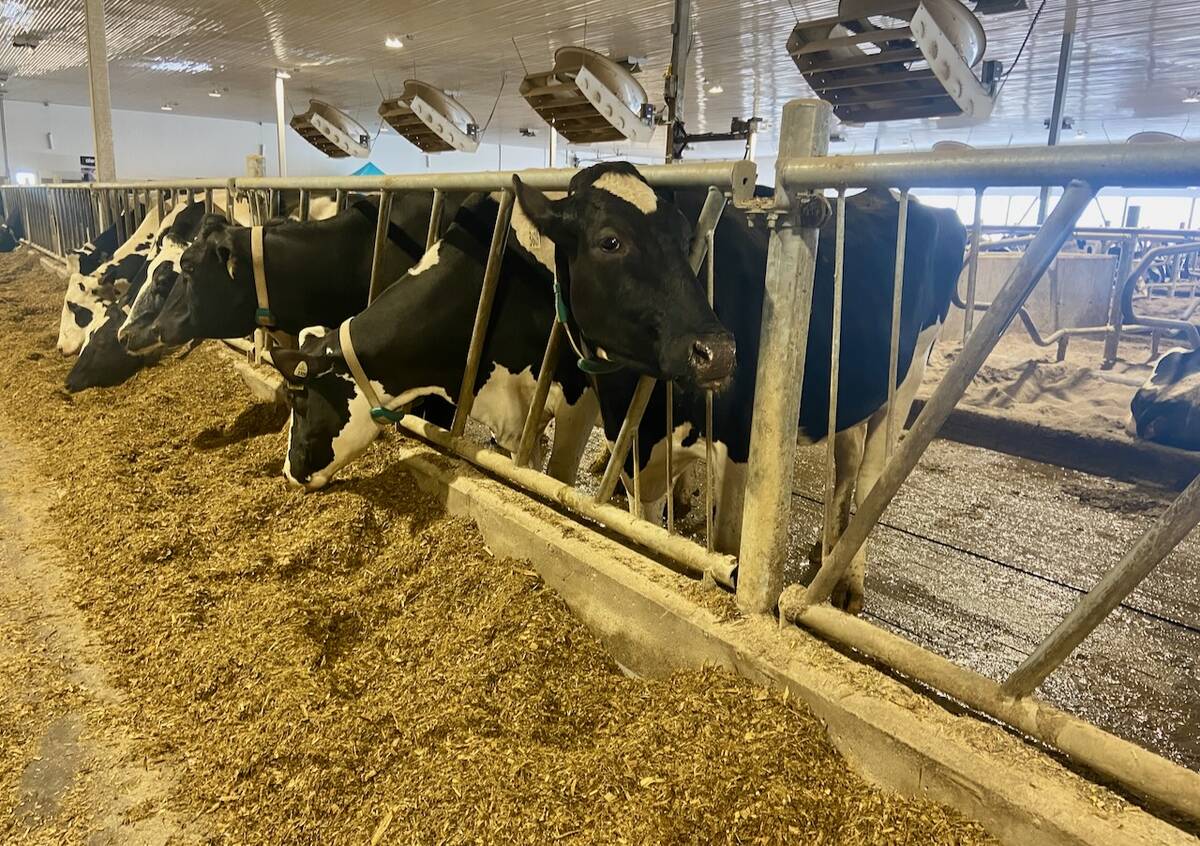
U.S. farm group supports supply management
U.S. grassroots farm advocacy group pushing new agriculture legislation that would move towards supply management like Canada has for dairy industry
“We think of this decision as not anti-beef but rather pro-planet,” Epicurious said in April.
Then, in December, Time Magazine ran a story with the headline: Cows are the new coal.
Many people and organizations in Canada’s cattle sector pushed back against that article, saying it was distorted and biased, but such stories are not going away.
For Kim Stanford, a University of Lethbridge scientist who specializes in livestock pathogens, it’s obvious that media coverage of beef and cattle ranching has become unbalanced.
Over the last five to 10 years, media criticism of beef production has become more hostile and antagonistic. And in many cases, more absurd.
“Yes, cattle do produce methane. But they don’t produce more greenhouse gases than all transportation and other food production and everything all combined,” Stanford said from her university office. “You see things in the media, giving quite ridiculous numbers.”
Last year, Stanford and other cattle experts decided to do something about the misinformation. Tim McAllister, researcher in ruminant nutrition and microbiology with Agriculture Canada in Lethbridge, Kim Ominski, a University of Manitoba animal science professor and Stanford started a podcast called Cows on the Planet. The goal is to share science-based information about beef production.
Since last July they have produced 16 podcasts, covering topics like: “How much water does it take to make a burger?” and “Should cattle be replaced with native species like bison?”
“The real negative aspect of cattle and beef production — that is what is being taken up by the media,” Stanford said. “We wanted to present the good, the bad (and) a balanced perspective…. It’s not a good news story that cattle are nothing but wonderful and eat more beef and everything will be rosy…. We’re picking contentious issues and trying to provide both sides of the story.”
McAllister made a similar point: scientists shouldn’t defend agriculture, ranchers or cows, but they can state the facts and offer credible information to Canadians.
“A big part of what we’re trying to do… is give the public information so (people) can make informed decisions,” he said. “Ultimately, it gets back to the consumers making their own choice. The best we can hope for is that they’re making that choice from an informed a position as possible.”
When they record Cows on the Planet, McAllister, Ominski and Stanford usually interview their fellow scientists and experts in raising cattle.
In one of her favourite episodes, Stanford learned about the complications of laboratory-grown meat.
Venture capital funds and investors are pouring billions into cellular meat companies such as Future Meat, an Israeli firm developing chicken, beef and lamb products from animal cells.
In December, Future Meat reported US$347 million of investment in its second round of fundraising.
Such reports make it sound like cellular meat is just around the corner but Andrew Pelling, a University of Ottawa scientist, told Cows on the Planet that lab-grown meat is more complicated than advertised.
“Some scientific questions have to be solved before it becomes at all commercially viable…. That was an eye-opener, for me, because I’m not an expert in lab-grown meat and the researcher… had more concerns than I’ve even thought about,” Stanford said. “(That) is different from what is being presented by companies trying to get venture capital funding, to (produce) lab grown meat.”
The scientists behind Cows on the Planet have funding from the Beef Cattle Research Council and they plan to produce 36 episodes.
After that, Stanford isn’t sure what will happen to the podcast.
“As a scientist, you’ve got to try,” Stanford said. “You can’t just sit back and let this… (misinformation spread) when you know the other side of the story.”


